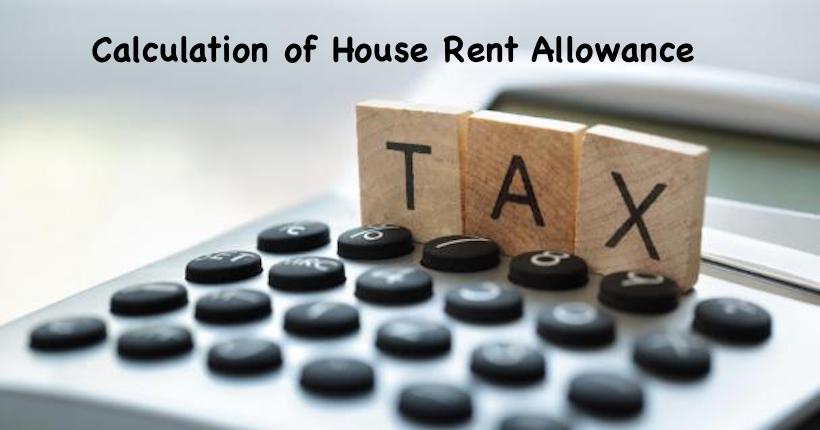Calculation and Taxability of House Rent Allowance (HRA). Today we are Providing a Premium guide on Calculation and Taxability of House Rent Allowence (HRA). Now you can Find Best Notes For Calculation of House Rent Allowance. House Rent Allowance [Section 10(13A) & Rule 2A] Calculation and Tax Liability. How To Compute House Rent Allowance. We are Providing Full Computation for Calculation of House Rent Allowance. Now you can scroll down below and check complete details regarding “Calculation and Taxability of House Rent Allowance (HRA)”
Recommended Articles
- Depreciation Rate Chart As Per Income Tax
- Income Tax Slab Rates
- Procedure for Online E- Registration of Service Tax
- Income Tax Due Dates
Calculation and Taxability of House Rent Allowance (HRA)
House Rent Allowances is given by the employer to the employee to meet the expenses in connection with Rent of the accommodation which the employee might have to take. House Rent Allowance is taxable under the head salary to the extent it is not exempt under section 10(13A) of the Act.
Exemption of H.R.A.
House rent allowance is exempt under section 10(13A) read with rule 2A, to the extent of the minimum of The following three amounts:
(a) Actual HRA received by the employee in respect of the “Relevant Period”
(b) Excess of rent paid for the accommodation occupied by him over 10% of the salary for the “Relevant Period” (Rent Paid -10% Salary)
(c) 50% of salary where the accommodation is situated at Mumbai, Calcutta, Delhi or Chennai and 40% Of salary where the house is situated at any other place for the “Relevant Period”
The minimum of the above three amounts shall be exempt from tax and the balance shall be taxable and thus included in the gross salary of the employee.
Important Note
Condition: Under Sec 10(13A) an employee who is in receipt of House Rent Allowance can claim exemption, if he does not live in his own house, and pays rent in excess of 10% of his salary for his residential accommodation.
No entitlement of exemption: In the following cases, exemption of HRA is not available to employee:-
(a) When an employee stays in his own house.
(b) When an employee does not pay any rent or incur any expenditure towards rent.
(c) When the rent paid is less than 10% of salary.
Relevant Period: Relevant period means the period during which the said accommodation was occupied by the Employee during the previous year.
Meaning of Salary: Total
- Basic Salary
- Dearness Allowance (if forming part of retirement benefits)
- % based commission on turnover.
Factors affecting exemption: Exemption of HRA depends upon the following factors:
(a) Salary of the employee (b) HRA Received (c) Rent Paid (d) Place of Residence
Where these four factors continue to be same throughout the year, the exemption u/s 10(13A) should be calculated
On “Annual basis”. However, if there is any change in respect of any of the above factors then calculation should be done in “Monthly basis”
Meaning of H.R.A.:-
If any allowance is given for House rent than it is called H.R.A.
Exemption of H.R.A. Under Section 10(13A) & Rule 2A:- If Employee receive H.R.A. than it will be taxable under section 10(13A) & Rule 2A as under-
| A | Actual H.R.A. received | ****** |
| B | Rent Paid – 10% of Salary | ****** |
| C | 40% and 50% of Salary | ****** |
| Which ever is less | ****** |
Note-1 40% and 50% is depends on Rental place not on place of service
Note-2 50% of salary where the accommodation is situated at Mumbai, Calcutta, Delhi or Chennai and 40% Of salary where the house is situated at any other place.
Recommended Articles

most useful and practical in quality of the contents
kind regards